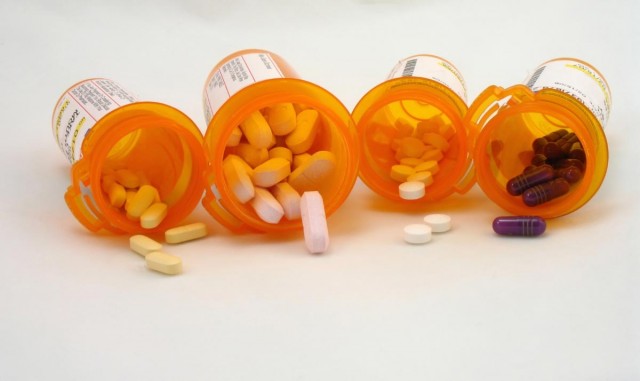The world’s biggest social media platform is being used as a gigantic virtual megaphone by hundreds of concerned parents who are reporting serious side effects from giving their child a medicine, after one mother’s Facebook safety warning.
As reported by the UK’s Daily Mail, Alison Smith took to the social media site to voice concerns after her four-month-old son Jensen lost consciousness following a 2.5 ml dose of Galhparm’s Junior Ibuprofen.
The Daily Mail reported that medical staff spent 45 minutes fighting to help Jensen regain consciousness.
After she reported the incident to retailer Tesco, where she had purchased the medication, store personnel took immediate action, removing the products from shelves in order to have them tested. However, personnel determined that the product was safe, and as such, it is now back on store shelves.
But, over the next couple of weeks, officials with Britain’s official regulatory agency said that they were contacted more than a half-dozen times over a single weekend about the product. And, they added that they are still receiving reports daily, so the actual number of complaints could be far higher.
“As of [recently], we have received seven reports over the weekend of Galpharm Junior Ibuprofen Suspension use associated with a burning or tingling sensation and we are now following these up as a matter of priority,” said a spokesman for the Medicines and Healthcare Products Regulatory Agency, the Daily Mail reported.
What do you mean, there is nothing wrong?
The spokesman went on to say that parents who are using the product currently have no cause for concern, because there is no proof at this time that the product on the market in the UK is unsafe.
“Anyone who has any questions or concerns should speak to a healthcare professional,” the spokesman – who was not identified in the report – said, adding that anyone who believes their child may have been harmed by the product or otherwise suffered an unintended consequence should contact the agency.
The spokesman went on to add additional boilerplate information to his response, including the fact that just because an agency is getting reports about harmful side effects of a medication, is “not necessarily proof of a side effect occurring.” (What?) Only a “suspicion” by the person making the report that something could be wrong.
So you see, it seems as though government agencies all over the world are the same as those in the United States – inhabited by unaccountable bureaucrats who live, breathe and die bureaucracy.
As for Smith, her post was shared over 27,000 times, with many parents writing about similar experiences with the same medication.
The dosage that Jensen received – 2.5 ml – was the dose recommended on the product’s packaging, by the way.
Smith said she created her Facebook campaign as a way to inform other parents about the product and what it could do, after dozens of other mothers came forward to complain about it. She told the Daily Mail she’s been contacted by a large number of parents since she posted her incident on Facebook who told her that their kids have also had similar reactions to the ibuprofen product.
Full recovery after a very scary incident
“Jensen had been ill so we gave him the medicine,” she told the news site, adding that he would not take it voluntarily, so “we force-fed it to him.”
She said she then tasted some of the medicine, and “my mouth went completely numb,” noting that her partner, Adrian, saw a blister form on his tongue.
“At this point we thought, ‘we have just given our child 2.5ml of this, we need to do something,’” she said. So, as the boy began drifting off to sleep, they called for medical assistance.
Smith said that neither she nor any of her immediate family are allergic to ibuprofen. She said also that officials with Galpharm initially said that they had received no other complaints of similar reactions.
Good news, however: Little Jensen recovered completely, Smith told the paper.
Sources:



